Good to have you on board! Here’s your latest Today in Slovakia – Tuesday’s top news, all in one place.
Conspiracy theorist MP vows to rip up his medical diploma if proven wrong
Tuesday’s news of Prime Minister Robert Fico securing a deal with the remaining coalition rebels was overshadowed by one of his more controversial allies: Peter Kotlár, a legislator and self-styled investigator of the coronavirus pandemic who entered parliament on the slate of the far-right Slovak National Party.
Kotlár, a notorious spreader of disinformation with a background in orthopaedics, once again seized the spotlight, holding a press briefing just days after likening vaccinated Slovaks to “modified corn”.
On Tuesday, he called on Prime Minister Fico to convene the Security Council to discuss his so-called analysis of Covid-19 vaccines. Kotlár argues that the council must meet urgently, claiming state security was “compromised” during the pandemic. According to him, the State Institute for Drug Control (ŠÚKL) failed in its duty by allowing the distribution of a vaccine that, he alleges, causes “genetic changes in the human body”. He reiterated that vaccines represent a “disruption of the genetic structure of Slovakia’s population”.
Conspiracy network: At the press conference, Kotlár cited an expert report he claimed supported his analysis, asserting that Pfizer and Moderna’s mRNA vaccines contain genetic material capable of altering human DNA. However, he refused to disclose the authors of the report. Speculation over its origins intensified after Czech molecular biologist Soňa Peková claimed on social media that she had contributed both to the mystery analysis and the report itself. Kotlár declined to confirm this but acknowledged that multiple contributors were involved. Peková, a member of Kotlár’s advisory team, has been spreading disinformation and conspiracy theories since the start of the pandemic. The conclusions of her analysis were reportedly verified by Richard Fleming, an American cardiologist who publicly endorsed them on X. However, Fleming, who has no expertise in virology or vaccines, is a well-known figure in conspiracy circles due to his claims about Covid-19. The Slovak Health Ministry, as well as the rest of the country, has not seen Kotlár’s findings.
Kotlár’s ultimatum: Kotlár stated that only General Prosecutor Maroš Žilinka would be allowed to review his findings. He is set to meet Žilinka on Wednesday. He insisted that if the analysis were found to be flawed, he would step down from his government position. When journalists pointed out that Žilinka is not an expert in molecular biology, Kotlár offered no response. Instead, he reiterated his pledge to publicly tear up his medical diploma if proven wrong. Kotlár also claimed that Prime Minister Fico has full confidence in him. According to Kotlár, Fico is withholding public comment on the analysis because “he knows I’m not bluffing”. When Fico last spoke about his pandemic investigator, he suggested that rather than focusing on vaccines, Kotlár should prioritise investigating the management of the pandemic and the public funds spent on combating Covid-19 under previous administrations.
‘International interest’ and Obama: Kotlár claimed that several countries, including Japan, Argentina, Brazil, Russia, Germany, Italy, and the United States, had expressed interest in his analysis. He asserted that these nations would conduct their own reviews, adding that the U.S. was already working on it and that he was in contact with officials from Health Secretary Robert Kennedy’s team. He also claimed to be in discussions with former U.S. President Barack Obama. Kotlár wants to invite him to a conference where journalists can question him about Ukrainian laboratories, which, he alleges, were involved in the creation of Covid-19—another widely debunked conspiracy theory.
Pushback from experts: Slovakia’s State Institute for Drug Control responded to Kotlár’s claims, stating that mRNA Covid-19 vaccines underwent rigorous clinical trials and strict evaluation. New medicines introduced in Europe are assessed by the European Medicines Agency. The Faculty of Medicine at Comenius University in Bratislava—Kotlár’s alma mater—strongly condemned his misleading statements. “His unfounded claims not only fuel unnecessary fear and uncertainty but also undermine public trust in proven medical practices that are essential for protecting lives and public health,” the faculty said in a statement. The Office for Healthcare Supervision, which oversees forensic medicine and pathological anatomy, also firmly rejected Kotlár’s remarks. It dismissed as false and misleading his suggestion that pathologists and forensic doctors had concealed causes of death during the pandemic.
Backtracking on bioweapon claims: Kotlár insists that Covid-19 was artificially created, though he has backed away from previous claims that it was a biological weapon. Instead, he now argues that this is a matter for the courts to decide. He continues to push the conspiracy theory that the coronavirus was deliberately manufactured in Chinese laboratories, as well as in Ukraine.
Political calculations: Kotlár remains a coalition MP, and on Tuesday, Prime Minister Fico successfully restored his government’s majority—securing 79 MPs. However, Slovakia will see the coalition’s true strength only at the end of March, when parliament holds its first regular session since December, following months of crisis. For now, Fico is holding back from criticising Kotlár, likely aware that he needs him—and that his controversial views appeal to a certain segment of voters.
MORE STORIES FROM THE SLOVAK SPECTATOR
It is almost here: Slovakia’s new transaction tax takes effect on April 1—here’s what you need to know.
Out of step with the world: While governments worldwide slash red tape, Fico’s administration moves in the opposite direction, writes former finance minister Ivan Mikloš.
Uniform scandal: A €20 million contract for police polo shirts requires fabric made with coffee bean shells. The Interior Ministry calls it a quality upgrade—industry experts are not convinced.
Tragedy in Košice: A teenage boy has died by suicide following alleged homophobic bullying.
Rail fare hike: Buying train tickets in person just got more expensive in Slovakia, as national rail operator ZSSK introduces a new surcharge.
On the run: A porcupine on the loose in Turiec, an emu strolling through town—just another day for Slovak wildlife spotters.
Stunning mountain views: After years of waiting, Hladovka finally has its scenic tower—perched on Grapa Hill with breathtaking vistas of the Roháče Range.
If you like what we are doing and want to support good journalism, buy our online subscription with no ads and a print copy of The Slovak Spectator sent to your home in Slovakia. Thank you.
SLOVAKS ABROAD
The Slovak who took a leap of faith
Štefan Banič, a Slovak emigrant to the US, witnessed a plane crash and set out to design a parachute that could save pilots. His peculiar umbrella-like invention earned him a US patent in 1914—but never saw action in the skies.
SUMMER HOLIDAY
Fico heads to Croatia for summer—again
Prime Minister Robert Fico has confirmed he will spend another summer holiday in Ražanj, Croatia, where he was photographed last year. The announcement comes amid speculation over a luxury villa in the seaside town, which local media suggest he owns. The claim remains unproven, but opposition politician Igor Matovič visited Ražanj last week, filming outside the villa and alleging that Fico uses it despite not officially owning it. Fico dismissed the allegations, writing in a blog post that he had spoken to the villa’s actual owner and apologised for the media scrutiny. To “spite” his critics, he added, he has now agreed to rent the property for his summer holiday. The villa is reportedly owned by individuals with ties to Smer.
IN OTHER NEWS
Education Minister Tomáš Drucker (Hlas) has proposed a two-tier system for excusing absences in nursery and primary schools—one more lenient, the other stricter. From September 1, all schools must adopt the stricter rules, but those with fewer than 250 missed hours per student annually may opt for the more flexible system. Under the lenient rules, parents can excuse a child for up to five consecutive days, with a maximum of 10 days per month. However, over two consecutive months, absences cannot exceed 15 days—capping annual excused absences at 450 hours. In the stricter system, primary school pupils can be excused for a maximum of 15 days per term before requiring a doctor’s note. For nursery schools, the limit is seven consecutive days and 21 days per term. The flexible system allows for 14 days per month and a maximum of 21 days over two months.
Slovakia is among the EU countries where democracy and the rule of law are systematically eroding, according to the latest Liberties Rule of Law Report. “There are several countries whose governments have systematically disrespected the rule of law. This disrespect may stem from either deliberate actions taken to undermine this principle or a failure to implement necessary reforms to improve the situation. These countries include Italy, Bulgaria, Croatia, Romania, Slovakia, and Hungary,” the report reads. As for Slovakia, the study highlights weakening institutions, attacks on judicial independence and the media, and increased restrictions on civil liberties under Robert Fico’s government. Of six key governance indicators, Slovakia saw declines in four: anti-corruption efforts, media freedom, institutional checks and balances, and civic space. Justice and human rights stagnated.
Prime Minister Robert Fico has struck a deal with former Hlas MPs Samuel Migaľ and Radomír Šalitroš, securing their backing for his government in parliament. While details remain undisclosed, it is widely expected that their support will be rewarded with control over the Investments Ministry.
Indian company Amara Raja Batteries is preparing to invest in battery production in Slovakia. A subsidiary of the Amara Raja Group, the firm also collaborates with Slovak battery producer InoBat. According to Foreign Minister Juraj Blanár (Smer), the investment will involve cooperation between a Chinese investor, Slovak authorities, and the Indian partner.
The general assessment base for the past year has been set at €18,288, calculated as 12 times the average monthly wage in the national economy, as determined by the Statistics Office. The Social Insurance Agency (SP) uses this figure to determine the minimum and maximum contribution bases for insurance payments.
Researchers from the Slovak Academy of Sciences (SAV) have received a prestigious award at an international congress in the United States. The team from the Institute of Experimental Pharmacology and Toxicology, part of the Centre for Experimental Medicine, was recognised for its outstanding contribution to developing protocols for in vitro testing of the biocompatibility of medical devices and pharmaceuticals.
WEDNESDAY WEATHER BRIEFING: Expect mostly clear skies, with daytime temperatures between 6°C and 12°C. A light to moderate breeze will add a crisp edge—dress accordingly. (SHMÚ)
HAPPY NAME DAY: March 19 is a special day for Jozef, so if you know one, don’t forget to send your warmest wishes. Všetko najlepšie!
Thank you for subscribing and reading. It means a lot to us.
P.S. If you have suggestions on how our news overview can be improved, you can reach us at editorial@spectator.sk.
Follow The Slovak Spectator on Facebook, LinkedIn and Instagram(@slovakspectator). For news from Slovakia in Ukrainian, click here or follow Novyny on Telegram, Facebook, and Instagram.


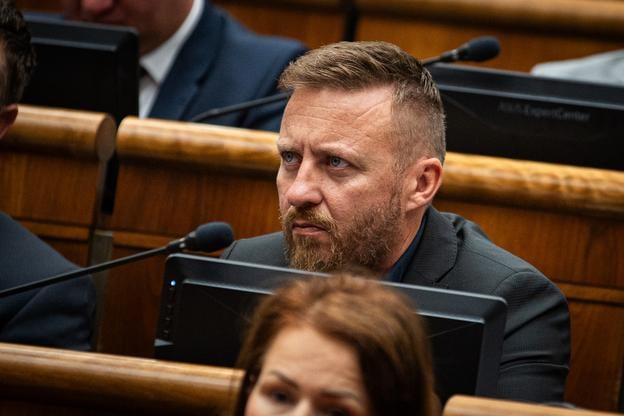 MP Peter Kotlár (source: Sme - Marko Erd)
MP Peter Kotlár (source: Sme - Marko Erd)
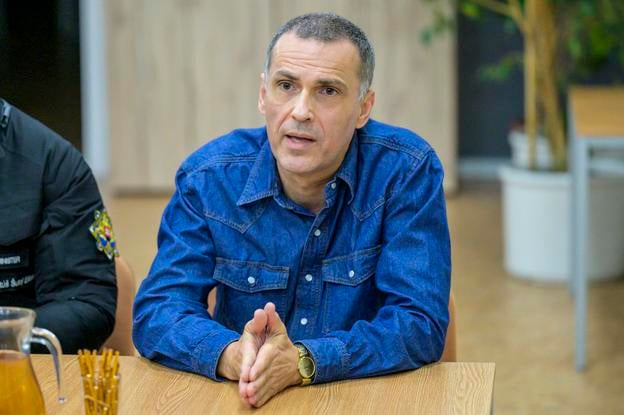 General Prosecutor Maroš Žilinka (source: TASR - Veronika Mihaliková)
General Prosecutor Maroš Žilinka (source: TASR - Veronika Mihaliková)
 Orava’s newest lookout spot offers panoramic views of the Roháče Range. (source: Miro Sabo)
Orava’s newest lookout spot offers panoramic views of the Roháče Range. (source: Miro Sabo)
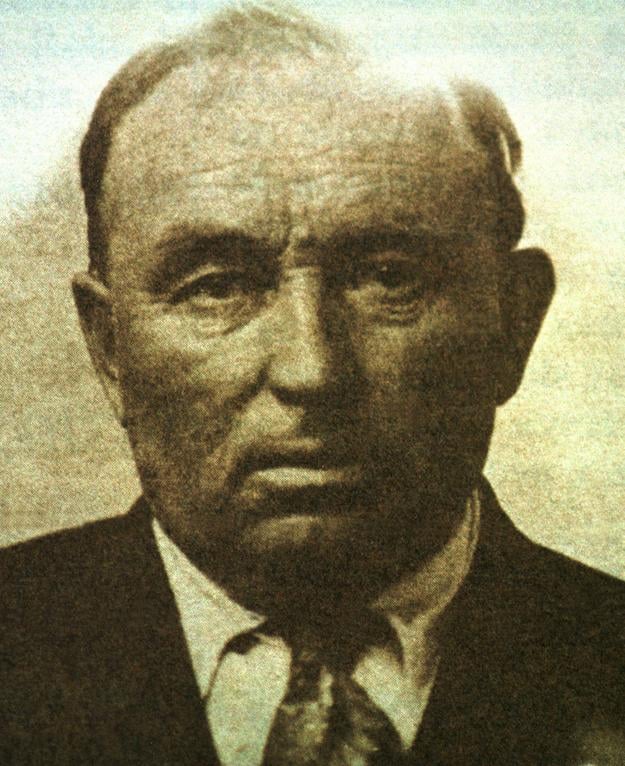 Štefan Banič (source: TASR)
Štefan Banič (source: TASR)
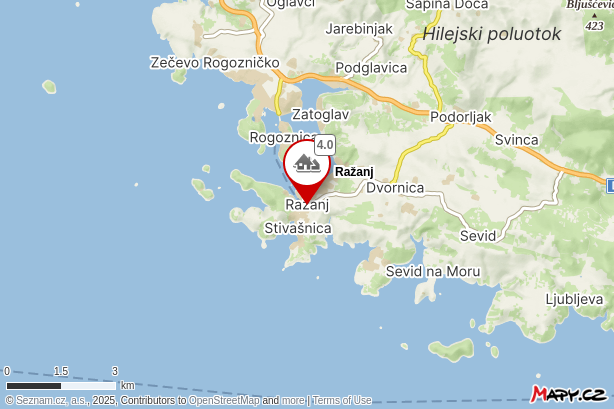
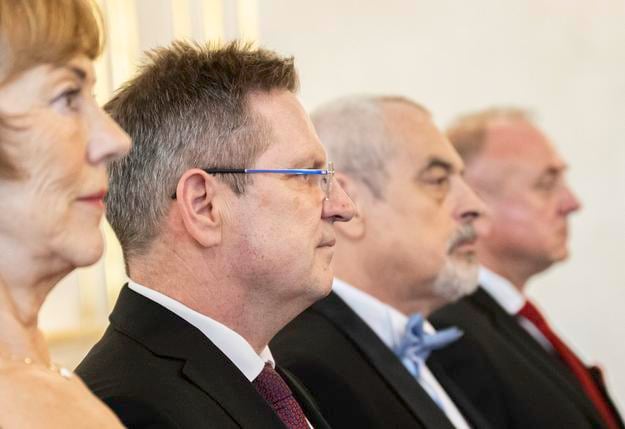 President Peter Pellegrini formally appointed the heads of Slovakia’s diplomatic missions on March 18, 2025 in Bratislava. From left: Oľga Algayerová, designated Ambassador to the Council of Europe; Martin Muránsky, designated Ambassador to the Czech Republic; Peter Susko, designated Ambassador to the United Kingdom; and Milan Cigáň, designated Ambassador to Mexico. (source: TASR - Martin Baumann)
President Peter Pellegrini formally appointed the heads of Slovakia’s diplomatic missions on March 18, 2025 in Bratislava. From left: Oľga Algayerová, designated Ambassador to the Council of Europe; Martin Muránsky, designated Ambassador to the Czech Republic; Peter Susko, designated Ambassador to the United Kingdom; and Milan Cigáň, designated Ambassador to Mexico. (source: TASR - Martin Baumann)
 A misty view from the Treetop Walk in Bachledova Valley, Ždiar, on February 27, 2025. (source: TASR - Veronika Mihaliková)
A misty view from the Treetop Walk in Bachledova Valley, Ždiar, on February 27, 2025. (source: TASR - Veronika Mihaliková)